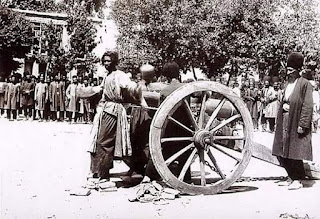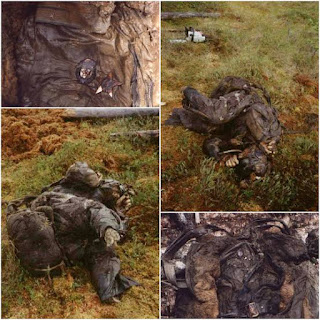While hygiene practices varied depending on various factors such as social status and geographic location–history and facts
While hygiene practices varied depending on various factors such as social status and geographic location
It is a common misconception that people in medieval times did not wash regularly or thoroughly. While hygiene practices varied depending on various factors such as social status and geographic location, people in the medieval period did in fact have ways to clean themselves. Bathing was not as frequent as today, but it was still considered an important part of personal hygiene.
As for sexual intimacy, it is important to understand that cultural norms and attitudes towards sex have changed throughout history. In the medieval period, sex was seen as a natural and necessary part of life, and was not associated with the same shame or disgust that it sometimes is today. This doesn't mean that people didn't have preferences and desires, but in general the emphasis was on procreation and fulfilling one's marital duties, rather than purely on pleasure.
Moreover, the use of perfumes and scented oils was widespread in the medieval period, and these were often used to mask odors. People also used herbs and spices in their daily routines to improve their personal hygiene, including rose, lavender, and thyme, which were believed to have antiseptic properties.
In addition to these personal hygiene practices, it's also worth noting that people in the medieval period lived in close quarters with one another, and were exposed to a variety of strong odors on a daily basis. This normalization of different smells may have made it easier for people to be intimate with one another without being repulsed by body odor.
In conclusion, while hygiene practices in the medieval period may have been different from what we are used to today, people still made efforts to stay clean and maintain good personal hygiene. Attitudes towards sex were also different, and people were more accepting of bodily functions and smells. This allowed them to engage in sexual intimacy without being repulsed.




.jpg)

.jpeg)




.jpeg)

Comments
Post a Comment